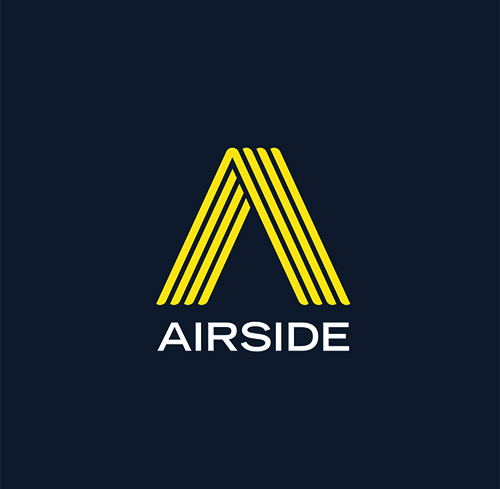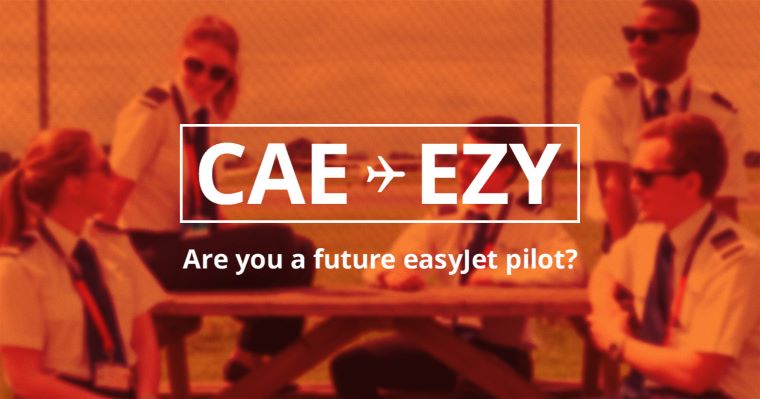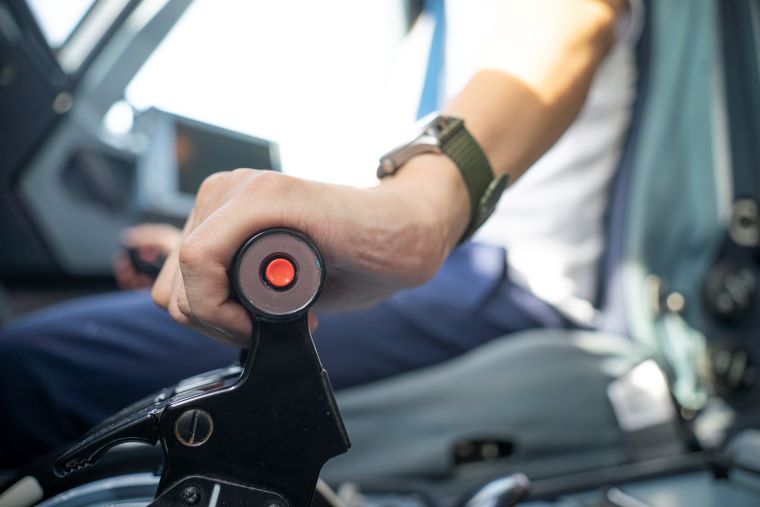3 simple steps for an effective face to face interview

Many pilots dread face to face interviews more than any other part of the selection process. With sufficient preparation, candidates can really stand out and impress their prospective employer with their knowledge and experience in the field.
A face to face interview is nothing more than an opportunity to have an in-depth conversation about your own skills and experience. After all, you know yourself and your experience better than anyone else!
Remember, you have been called to interview because the airline is interested in your background and potentially wants to hire you! They are not trying to catch you out; they just need to ensure they are hiring the right person for their specific requirement.
Below are a few tips to help you get comfortable and succeed in your next face to face interview!
Step 1: Preparation
First impressions are everything; so ensure that you are not late and arrive at least 15 minutes prior to the start of your interview. Plan your commute and factor in any traffic that could affect your travel time. It’s better to be early than be late. Keep the full day free, interviews can often be delayed, so make sure that it won’t be an issue for you. This will also show that you are flexible and that the interview has your full attention.
You should dress in business attire and be well groomed. Plan your outfit the day before, ensuring that it’s clean and fits well.
📑Read our article on general interview preparation, for more information on what you can do before an interview,
Step 2: During the Interview
When you get into the interview room, greet the panel and thank them for the opportunity. If you can, research who is interviewing you. LinkedIn is a great tool to find out more about them and their background.
In normal circumstances, you would shake their hand, as a strong and firm handshake portrays confidence. However, under our current circumstances, handshakes may not be commonplace after the Covid-19 pandemic and best practice may be different in each region. It is important to offer a friendly greeting as you enter the room, so it might be best to ask what the interviewer feels comfortable with. Allowing for an open discussion on this matter will portray your confidence and highlight your awareness of safety protocols.
Make sure to bring copies of your CV. Have one for each member of the panel; they may not need it, but it’s best to offer them one anyway. The first question is usually along the lines of “Explain your career to date?” or “Can you take us through your CV?”. Know your CV; don’t ramble, don’t exaggerate, just give the facts. It’s important to be able to explain any gaps in your CV.
Do your research on the airline. Questions like, “Why do you want to fly for our airline?” and “What makes us different to our competitors?” are common in interviews. The more you know about the airline, the better prepared you will be to answer.
For the competency based questions, make sure you have examples prepared. Use the STAR model to answer the questions. Focus on what you have accomplished in your career and not your personal life. Be prepared to answer questions about your strengths and weaknesses, as the interviewer wants to understand what drives you, but also see that you are aware of the areas where you need to develop.
📑Find here more information on the STAR model.
Step 3: Closing out the interview
Have at least one question prepared for the end of the interview. Avoid questions around pay and benefits, but rather ask questions around expansion plans, a typical day in the airline, career progression, etc. If they haven’t mentioned when you can expect to hear back from them, now is the time to ask.
At the end of the interview stand up and again thank the panel for their time.
To give yourself the best chance of succeeding in a face to face interview you need to be prepared, confident and polite. Best of luck!
If you'd like to view our latest pilot jobs, visit www.cae.com/aviationjobs.
welcome aboard the new airside
We took our community to the next level with an elevated look, innovative features, and new tools.



